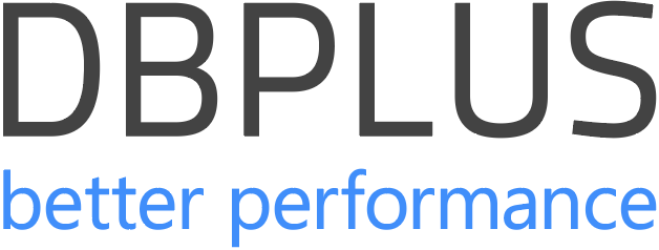02/05/2024
How can you speed up database read queries
Before getting into the technicalities of speeding up your database read queries, the first step is always to have a clear understanding of what exactly you need. This might sound straightforward, but inefficient queries often begin with uncertainty about the data requirements. Knowing exactly what information is necessary for your application or analysis not only helps in crafting precise queries but also prevents the database from retrieving extraneous information, which can significantly slow down performance.






